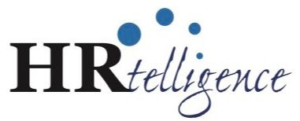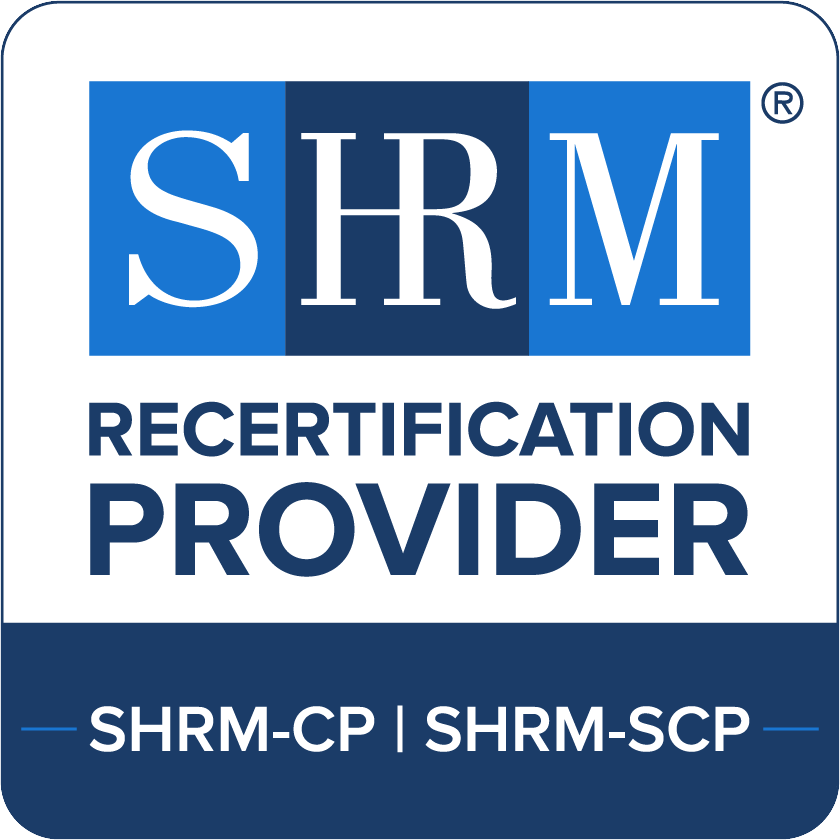Client Alert
Powered by
NLRB Determines that Overbroad Confidentiality and Non-Disparagement Provisions in Severance Agreements Are Unlawful
On February 21, 2023, the National Labor Relations Board (“NLRB”) issued a decision holding that an employer violates Section 8(a)(1) of the National Labor Relations Act (“NLRA”) when it offers a severance agreement containing provisions that would restrict employees’ exercise of their rights under Section 7 of the Act.
In McLaren Macomb, the employer furloughed 11 employees and presented each of them with a “Severance Agreement, Waiver and Release” that offered to pay severance amounts to each furloughed employee if they signed the agreement. The confidentiality provision stated that the terms of the severance agreement were confidential and must not be disclosed to anyone with few exceptions. The non-disparagement provision barred the employees from making statements to anyone that could disparage or harm the image of the employer or its officers, directors, employees. The NLRB found that these provisions limited employees’ ability to discuss their wages, hours, and working conditions with other employees, prevent employees from assisting other employees seeking assistance, and hinder employees themselves from seeking assistance from the NLRB, unions, and other outside organizations. Such agreements, according to the Board, have a reasonable tendency to restrain, coerce, or interfere with employees’ rights under the NLRA.
The Board determined that the mere inclusion of such provisions in a severance agreement is unlawful because they have a deterrent and chilling effect on worker’s rights. Pursuant to the NLRB’s decision, a severance agreement will be deemed unlawful if it precludes an employee from assisting coworkers with workplace issues concerning their employer, and from communicating with others, including a union and the Board, about their employment. Notably, the decision applies only to employees covered by the NLRA, which means that supervisory and managerial employees, as well as independent contractors, would generally be excluded.
The NLRB General Counsel is expected to release additional guidance regarding the recent decision. In the meantime, employers should ensure that confidentiality and non-disparagement clauses in their severance agreements are narrowly tailored to respect to the rights afforded to employees under the NLRA. Should you have any questions or need assistance, please contact Ali Law Group.
HRtelligence (www.HRtelligence.com), a dynamic labor and employment content provider, provides actionable information and real-world strategies including employment trends, insights, practical guidance and strategies, created and curated by practicing attorneys on a wide range of topics, from Discrimination/EEO to Wage & Hour.













